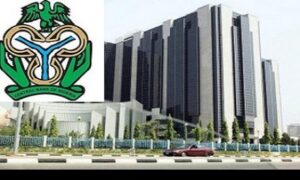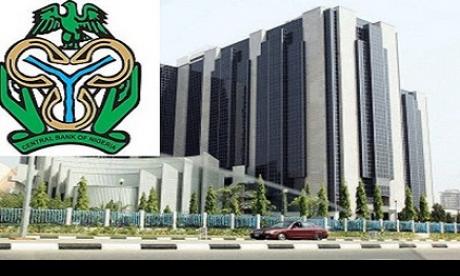
The Monetary Policy Committee (MPC) of the Central Bank of Nigeria (CBN) on Friday foreclosed the possibility of devaluing the naira, saying it has sufficient foreign reserves to meet all its obligations without recourse to hurting Nigeria’s currency.
CBN Governor, Mr Godwin Emefiele who made the disclosure at the 271st MPC meeting and first one in 2020, held in Abuja, said the decision was taken by all 11 members of the MPC who were in attendance.
Emefiele was reacting to speculations by economic experts who opined that the apex bank may likely devalue the naira amidst a sharp reduction in foreign reserves from about $47 billion to $38 billion in few months in 2019.
Emefiele said: “We should realize that reserves are there to meet obligations. At times it’ll go up and at times, it’ll reduce. But with reserve of about $38 billion today and crude prices hitting up to $70 a barrel, we can sustain the economy without devaluing the naira. So, adjustments won’t happen. Our reserve level will meet all our obligations. Anyone expecting us to adjust the naira should know that it won’t happen.”
The CBN Governor also warned the fiscal authorities against further heavy borrowing, saying that the nation’s debt status has become a cause for concern.
According to Emefiele, the narrative that Nigeria’s debt to GDP ratio was about the lowest in the world should not spur the fiscal authorities to hurt the economy with huge debts.
He advised the federal government to look for better ways of running the economy without boxing Nigeria into a debt trap. “Yes, our debt, when you compare it to our GDP is low, but we should look at other ways to meet our fiscal obligations. Let’s not be carried away to say our debt to GDP ratio is low and keep borrowing”, he added.
He revealed that the MPC held all money policy parameters, except the Cash Reserve Ratio (CRR) that moved from 22.5% to 27.5%.
“So, Monetary Policy Rate (MPR) remains 13.5%, liquidity ratio is at 30% and the asymmetric corridor at +200 and -500 basis point around the MPR”, he said.
He listed the economic headwinds the country was facing to include; lack of fiscal buffers, rising debt, poor infrastructure, weak public and private sector investments, unemployment, insecurity, among others.
The CBN Governor urged the federal government to hurriedly address the insecurity challenges, especially the perennial farmers-herders clashes, which has continually affected the volume of locally produced foods.
He also said the apex bank provided aggregate credit of N446 billion to the manufacturing sector in 2019, while general commerce got N248.8 billion and transportation and storage got N68.61 billion. He hailed the signing of the Finance Act, hoping the full implementation will help grow the economy.
- Sun News
